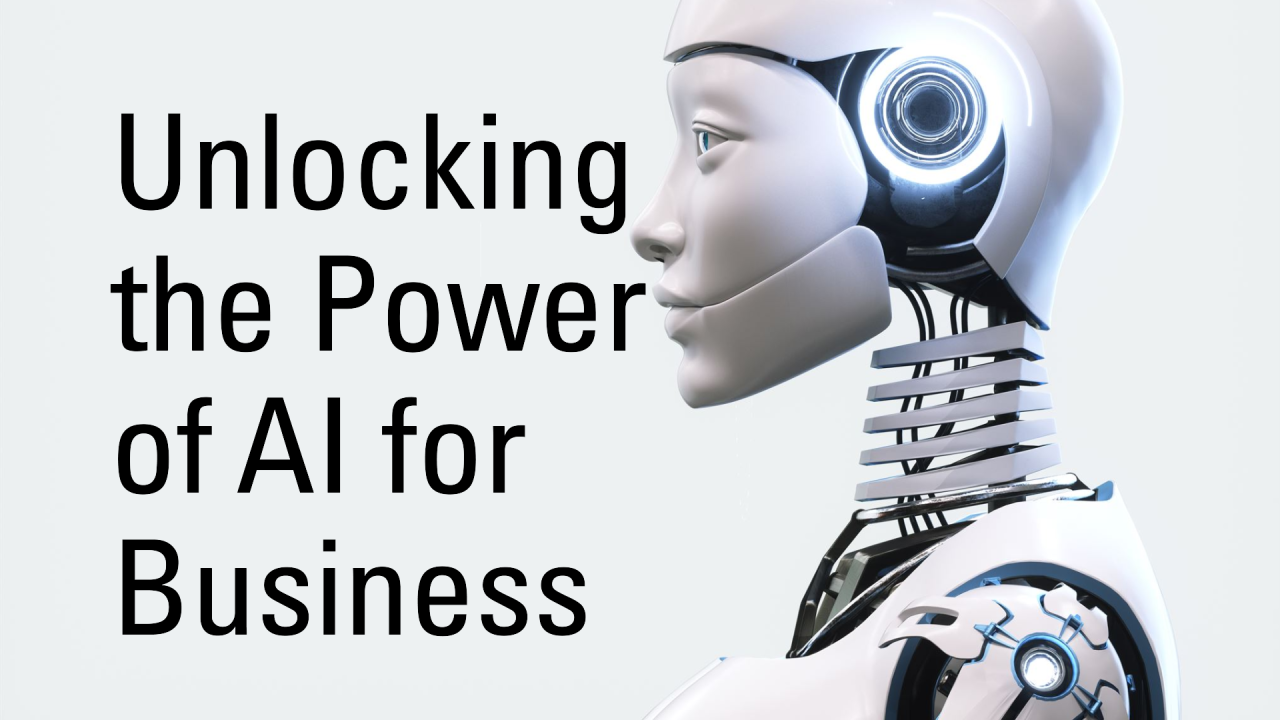In today's data-driven world, businesses have access to vast amounts of information that can provide valuable insights into customer behavior, market trends, and business operations. Data analytics, particularly big data analytics, has emerged as a critical tool for extracting actionable insights from this wealth of data. In this comprehensive guide, we'll demystify the world of data analytics and explore how businesses can leverage big data to fuel growth, innovation, and success.
1. Introduction to Data Analytics: Data analytics is the process of analyzing raw data to uncover meaningful patterns, trends, and correlations that can inform decision-making and drive business strategy. With the proliferation of digital technologies and the exponential growth of data volumes, businesses are increasingly turning to data analytics to gain a competitive advantage and stay ahead of the curve.
2. Understanding Big Data: Big data refers to large and complex datasets that exceed the capabilities of traditional data processing and analysis tools. Big data is characterized by its volume, velocity, and variety, encompassing structured and unstructured data from diverse sources such as social media, sensors, and transactional systems. The challenge and opportunity of big data lie in extracting actionable insights from this vast and diverse dataset.
3. Benefits of Data Analytics: Data analytics offers several key benefits for businesses, including:
- Improved Decision Making: Data-driven insights enable informed decision-making, helping businesses identify opportunities, mitigate risks, and optimize performance.
- Enhanced Customer Insights: Data analytics enables businesses to gain a deeper understanding of customer preferences, behaviors, and needs, enabling personalized marketing strategies and targeted product offerings.
- Operational Efficiency: By analyzing operational data, businesses can identify inefficiencies, streamline processes, and optimize resource allocation, leading to cost savings and productivity gains.
- Competitive Advantage: Data analytics provides businesses with a competitive edge by enabling them to anticipate market trends, identify emerging opportunities, and differentiate themselves from competitors.
4. Key Components of Data Analytics: Data analytics encompasses a range of techniques and methodologies for processing and analyzing data, including:
- Descriptive Analytics: Describes what has happened in the past, providing insights into historical data trends and patterns.
- Predictive Analytics: Uses historical data to forecast future outcomes and trends, enabling businesses to anticipate market dynamics and customer behavior.
- Prescriptive Analytics: Recommends actions or strategies based on predictive insights, helping businesses optimize decision-making and achieve desired outcomes.
- Machine Learning and Artificial Intelligence: Leverages algorithms and statistical models to analyze data and make predictions or recommendations, enabling automated decision-making and personalized experiences.
5. Applications of Data Analytics: Data analytics has diverse applications across industries, including:
- Marketing and Sales: Data analytics enables targeted marketing campaigns, customer segmentation, and sales forecasting, driving revenue growth and customer acquisition.
- Finance and Banking: Data analytics helps financial institutions detect fraud, assess credit risk, and optimize investment strategies, enhancing operational efficiency and risk management.
- Healthcare: Data analytics enables personalized medicine, predictive diagnostics, and population health management, improving patient outcomes and reducing healthcare costs.
- Manufacturing and Supply Chain: Data analytics optimizes production processes, inventory management, and supply chain logistics, reducing costs and improving efficiency.
6. Overcoming Challenges and Considerations: While data analytics offers significant benefits, businesses must address several challenges and considerations, including data quality and integrity, privacy and security concerns, talent shortages, and regulatory compliance. By implementing robust data governance practices, investing in talent development, and prioritizing privacy and security, businesses can mitigate these challenges and maximize the value of their data analytics initiatives.
7. Future Trends in Data Analytics: Looking ahead, the future of data analytics is marked by several key trends, including:
- Augmented Analytics: The integration of artificial intelligence and machine learning into analytics tools to automate data preparation, analysis, and insights generation.
- Real-time Analytics: The ability to analyze streaming data in real-time, enabling faster decision-making and proactive intervention.
- Edge Analytics: Processing data at the edge of the network, closer to the data source, to reduce latency and bandwidth requirements and enable faster insights and responses.
- Explainable AI: Ensuring transparency and accountability in AI models by providing explanations for their decisions and recommendations, particularly in regulated industries such as finance and healthcare.
Viral FAQs:
- What is data analytics, and why is it important for businesses?
- What is big data, and how does it differ from traditional data?
- What are the benefits of data analytics for businesses?
- What are the key components of data analytics?
- How is data analytics applied in different industries?
- What are some challenges businesses face in implementing data analytics initiatives?
- What are the future trends in data analytics?
- How can businesses ensure the quality and integrity of their data for analytics purposes?
- What role does artificial intelligence play in data analytics?
- Where can businesses learn more about implementing data analytics strategies?





